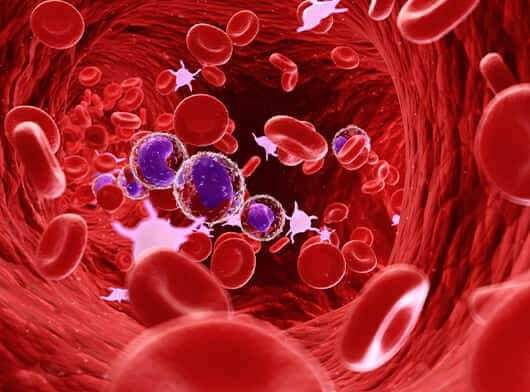- Medical Management
- Surgery / Procedures
- Supportive care
-
Mild thalassemia (trait):
Genetic Counselling: Treatment is not required in this stage. They need genetic counselling, because they may pass the mutant gene on to their children. - Moderate or severe thalassemia: Blood Transfusion: Give healthy red blood cells with normal haemoglobin over the intravenous (IV) line into one of the blood vessels. It usually lasts for 1 to 4 hours. The RBC lives only for about 120days, so it may need a repeated blood transfusion to maintain a healthy supply of RBC. Beta-thalassemia intermedia patients need blood transfusion on occasion, but for beta-thalassemia major (Cooley's anaemia), patients need a regular blood transfusion (often every 2 to 4 weeks).
- Iron Chelation Therapy: Regular blood transfusion can lead to a buildup of iron in the blood (iron overload, which causes damage to the liver, heart, and other parts of the body), so doctors use iron chelation therapy to remove excess iron from the body. Once your serum Ferritin levels are high, this is done with tablets and regularly monitored with blood tests and medication doses adjusted.
- Folic Acid Supplements: Helps to build healthy RBC.
-
Severe thalassemia
Blood and Marrow Stem Cell Transplant: To replace the faulty stem cells of the Thalassemia patient with normal healthy stem cells from the donor. The stem cells are the cells inside bone marrow that makes RBC and other types of blood cells. This treatment is the only treatment that can cure thalassemia. Patients undergoing stem cell transplants for thalassemia can lead a life similar to a normal individual. - Splenectomy: Splenectomy is a surgical procedure involving removing a patient's spleen. It is done in certain cases of moderate or severe thalassemia where the spleen size increases grossly, interfering with the patient’s day-to-day activities or when the transfusion requirement rises.
-
- Every three months, do regular health checkups such as liver function tests, echo, X-Ray, and blood tests.
- Yearly vision and hearing tests, bone scan, and endocrine (hormone) system tests.
- Periodical physical examination e.g., height and weight for children.
- Get vaccinations as needed, especially if the spleen is removed. Patients need flu, pneumonia, hepatitis B, and meningitis vaccines.
- Avoid crowds during cold and flu season.
- Keep the skin around the site where you get blood transfusions as clean as possible.
- Call/consult doctor if a fever develops
- Get emotional support for avoiding fear/anxiety/depression/stress by regular counselling/joining a patient support group/medications based on doctor advice for depression.



.png)
